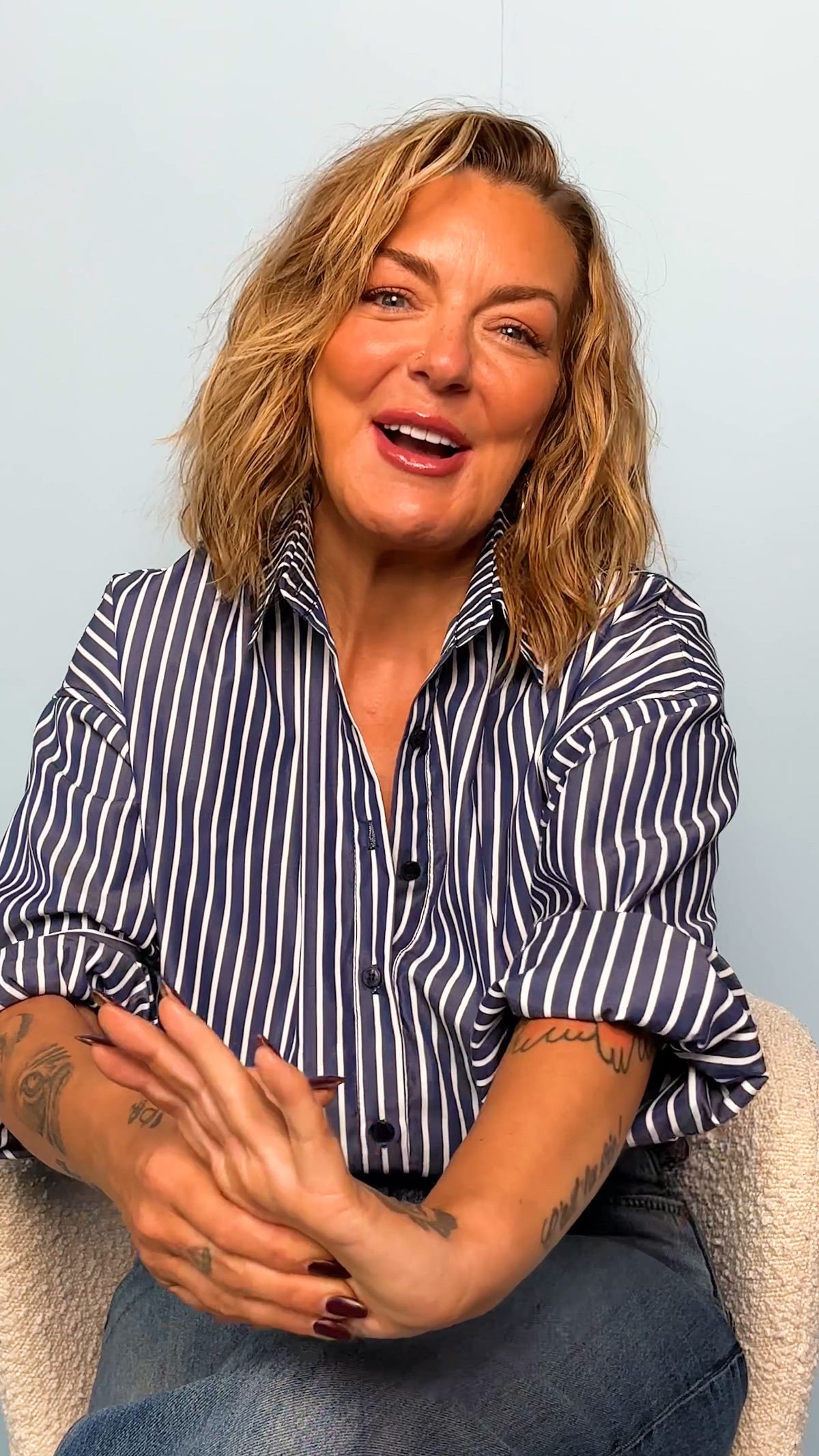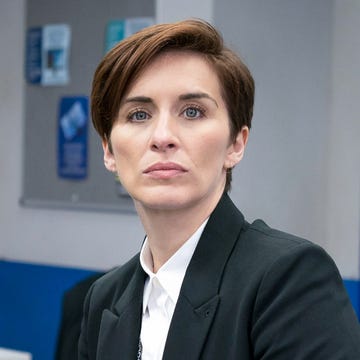Valentine’s Day. The one time in the year when we really should lead with our hearts and not with our heads. Or is it? According to Professor James Goodwin, director of science and research impact at the Brain Health Network, we have it all wrong.
If you really want to understand romance, and if – moreover – you want to up your odds of finding and fuelling it, you need to look not at your heart, but at your brain. Take that first encounter with someone tall, dark and mysterious: “your eyes meet across the room. Your pulse quickens. Your breathing picks up a pace and your heart thumps,” summarises Goodwin. “What’s going on? Well, the reward system in your brain is being stimulated as your anticipation rises.”
The stress hormones adrenalin and noradrenaline are released, promoting those familiar feelings of excitement and uncertainty, along with cortisol that sustains these feelings, he explains. Perhaps you start to picture what might happen next. When you do, you set another reaction in place.
The power of eye contact
“Dopamine, the ‘feelgood’ hormone floods the brain,” says Goodwin. In fact, you can hack this process and boost your chances of a second date. Just hold that gaze, he suggests. Making eye contact produces a range of feelgood brain chemicals: “dopamine continues to rise and, surprisingly, so does testosterone, in both men and women,” explains Goodwin. “You start to feel attracted as feelings of lust well up. Meanwhile serotonin, the great mood balancer, takes a back seat.”
Pucker up...
Considering leaning in for a kiss? “This evolutionary ancient behaviour, found in all primates but perfected in humans, tests the attraction between two people,” says Goodwin. There are over one million nerve endings in your lips, making them the body’s most exposed erogenous zone (by comparison, he says, the clitoris has just 8,000). As these nerve endings are touched, they send thousands of messages right into the reward system of the brain.
There’s more, says Goodwin. A kiss does not only involve touch but smell and taste, too. It’s possible that some exchange of pheromones takes place – chemical messengers that carry information about this potential partner and influence our attraction. In fact, research suggests it may be best to time this first kiss during your ovulation. Hormonal changes make the kiss taste differently and your partner can detect it subconsciously, says Goodwin. Overall, a kiss is a subconscious test of suitability, he says: “Survey research has found that 66% of women and 59% of men were no longer attracted after they had kissed.”
So Cher was right, it really is in his kiss.













